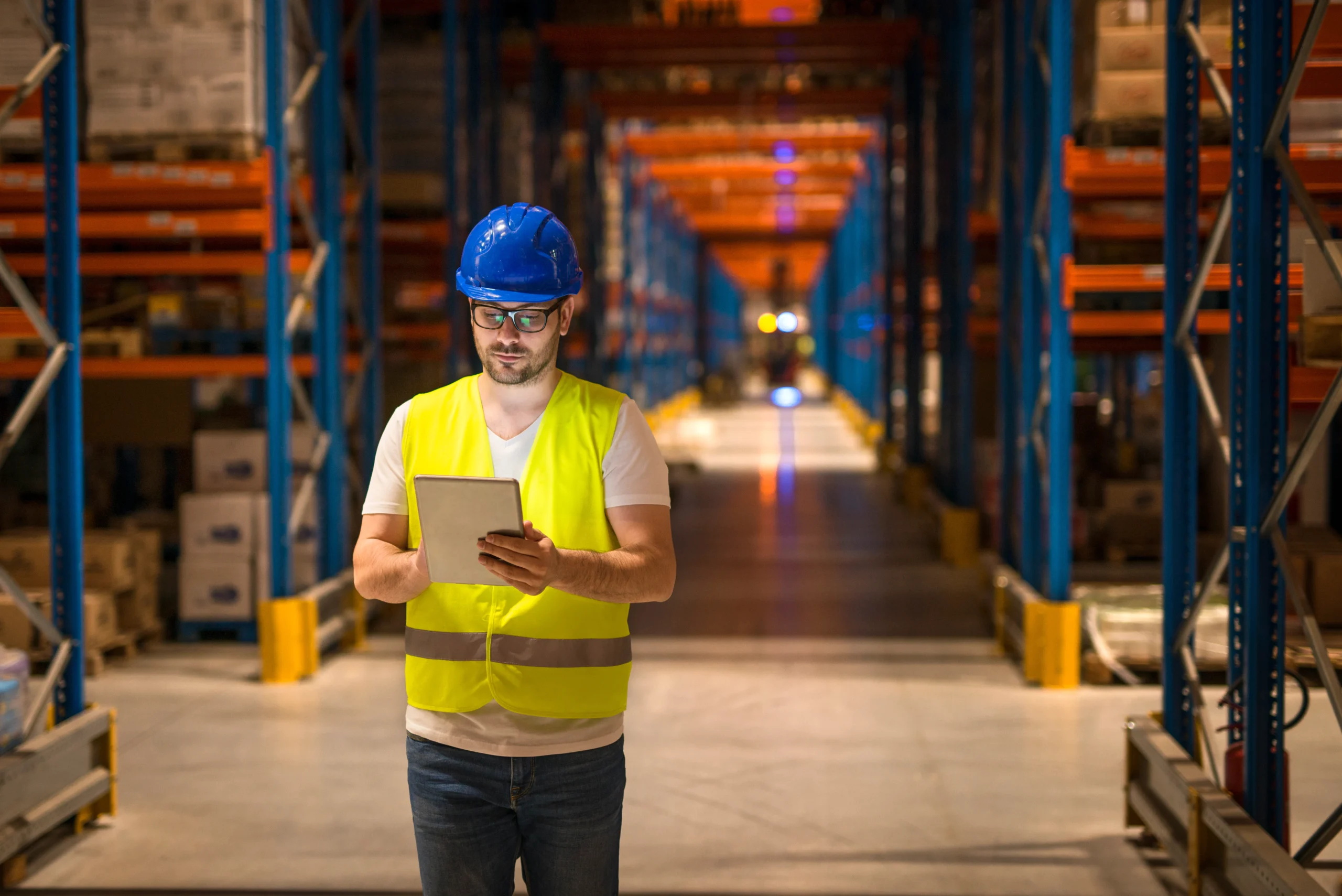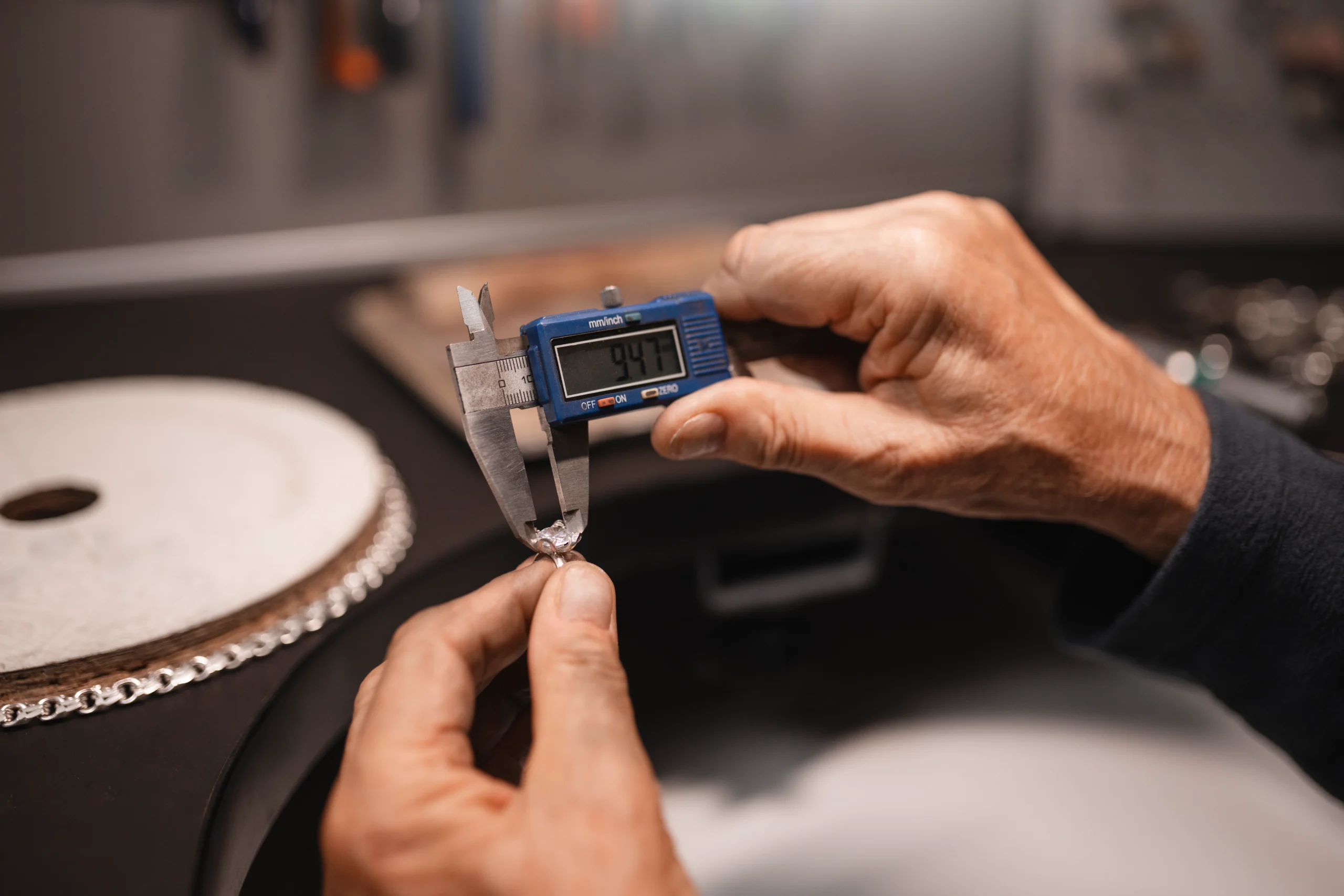When Technology Meets Human Precision
In an era where artificial intelligence, automation, and digital tools dominate nearly every aspect of industry, calibration the science of ensuring measurement accuracy has also evolved. Today, advanced calibration systems, data-driven sensors, and automated devices can perform incredibly complex measurements with minimal human intervention.
But here’s the truth: even the most advanced technology still depends on one vital ingredient: human expertise. Calibration isn’t just about numbers and instruments; it’s about interpretation, judgment, and trust. Behind every perfectly tuned device, there’s a professional who understands not just what the readings mean, but why they matter.
This article explores why human expertise continues to play a defining role in calibration, even in a highly digitalized world.
Understanding Calibration in the Digital Era
Calibration is the process of comparing an instrument’s measurement to a standard reference to verify its accuracy. In industries like healthcare, manufacturing, energy, and aerospace, even the slightest measurement deviation can have significant consequences.
Modern calibration systems now integrate IoT sensors, cloud data analytics, and digital twins. These tools provide faster, automated, and more consistent results. However, they cannot replace the human ability to detect anomalies, interpret trends, and make context-based decisions.
Automation enhances calibration efficiency but expertise ensures its reliability.
The Human Touch: What Machines Still Can’t Do
Machines can follow commands and collect data, but calibration often requires intuition and critical analysis that go beyond algorithms. A seasoned calibration engineer recognizes when a reading “looks off,” not because the numbers are wrong, but because experience tells them something isn’t adding up.
For example, during equipment calibration in biomedical or industrial environments, subtle environmental factors like humidity, temperature variation, or even vibration can impact readings. Skilled technicians can identify, compensate, and document such influences something an automated system might overlook.
In short, data without judgment is incomplete.
Expertise Ensures Accountability and Compliance
One of the major reasons human involvement in calibration remains indispensable is traceability and accountability. Regulatory frameworks such as ISO/IEC 17025 require not only calibrated results but also documented human oversight to ensure compliance.
Experts validate that procedures are followed correctly, instruments are handled safely, and results are traceable to recognized standards. Their experience forms the link between automated data collection and compliance verification.
Without qualified professionals, even the most precise instruments can fail to meet accreditation requirements.
The Role of Experience in Problem Solving
Every calibration task has its unique challenges ranging from inconsistent readings to equipment malfunction or environmental interference. Experienced professionals bring problem-solving skills that no digital tool can replicate.
For instance, in electrical calibration or pressure testing, human expertise determines when an instrument’s readings might be drifting due to external factors rather than internal faults. The ability to distinguish between the two ensures that corrective actions are both efficient and accurate.
This adaptability defines the true value of human expertise, it’s not just about performing a task but making informed decisions that uphold precision.
Calibration and Critical Thinking: The Foundation of Reliability
Calibration isn’t merely a routine technical procedure; it’s a critical thinking process. Skilled professionals evaluate the purpose behind each measurement, the standards being used, and the potential impact of deviations.
They can interpret data trends over time to predict potential instrument wear or performance issues before they occur. This proactive approach minimizes downtime and enhances operational efficiency.
Digital tools may measure faster, but humans measure wiser.
Ethics, Integrity, and the Human Role in Calibration
The digital age offers convenience but also introduces risks of over-reliance on software-generated data. Ethical oversight ensures that every calibration report reflects accuracy, transparency, and honesty.
Human professionals are responsible for verifying that results meet ethical standards especially in industries like healthcare, aerospace, or energy, where safety depends on trust in every measurement.
Their commitment to integrity forms the backbone of calibration credibility.
Human and Digital Synergy: A Collaborative Future
Instead of replacing expertise, technology amplifies it. Smart calibration systems, automated test benches, and AI-driven analytics empower engineers to perform more efficiently and focus on higher-level analysis.
The future of calibration lies in human-digital collaboration where automation handles repetitive processes, and experts provide strategic insight and decision-making.
This synergy ensures accuracy, speed, and accountability all in one calibrated process.
The Importance of Training and Continuous Learning
As calibration technology evolves, so must the people behind it. Continuous skill development and certification are crucial for maintaining competence in using digital tools effectively.
Training programs focused on ISO 17025 standards, software-based calibration systems, and advanced measurement techniques prepare professionals to lead the future of precision engineering.
In the world of calibration, expertise isn’t static, it’s continuously calibrated.
How Prime Innovation Embodies Human Expertise in
Calibration
At Prime Innovation, calibration isn’t just a technical process, it’s a commitment to precision, safety, and reliability. Our ISO/IEC 17025-accredited services are performed by highly trained engineers who understand the delicate balance between human insight and digital accuracy.
From biomedical calibration to analytical, dimensional, and electrical calibration, every service reflects our belief that true precision begins with human understanding.
We combine state-of-the-art technology with decades of expertise to ensure every instrument performs at its best because in calibration, there’s no substitute for experience.
The Future of Calibration: Human Expertise in a Smart
World
As industries adopt more automated solutions, the demand for skilled calibration professionals will only increase. AI systems will continue to evolve, but they’ll always rely on human experts to set standards, verify results, and uphold integrity.
The human element will remain the cornerstone of precision bridging the gap between technology and trust.
Balancing Technology with Human Intelligence
As technology continues to shape the calibration landscape, human expertise remains irreplaceable. The digital age has transformed how we measure, but it hasn’t changed why we measure with accuracy, responsibility, and trust.
True calibration isn’t just about instruments; it’s about people who ensure every measurement has meaning.






